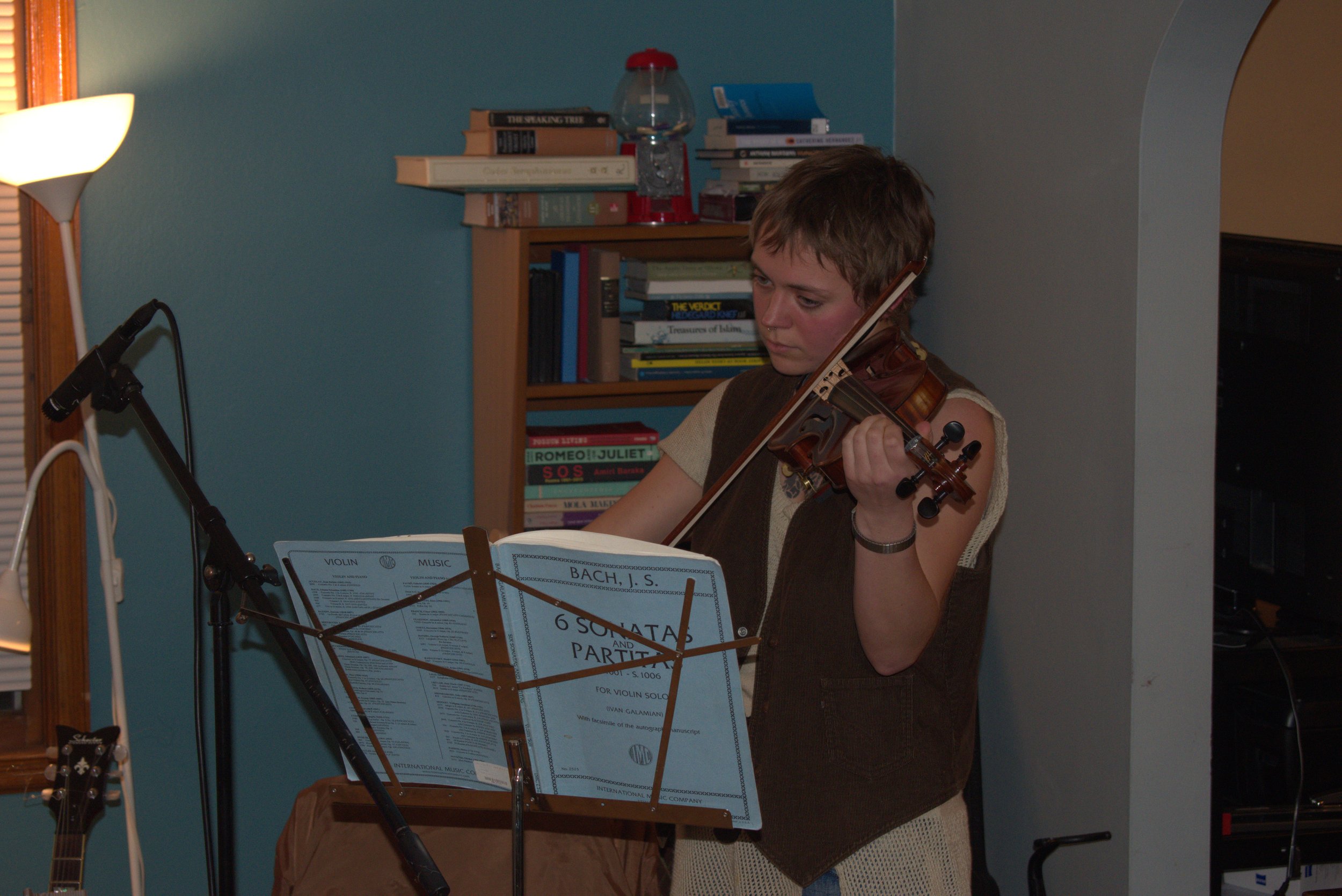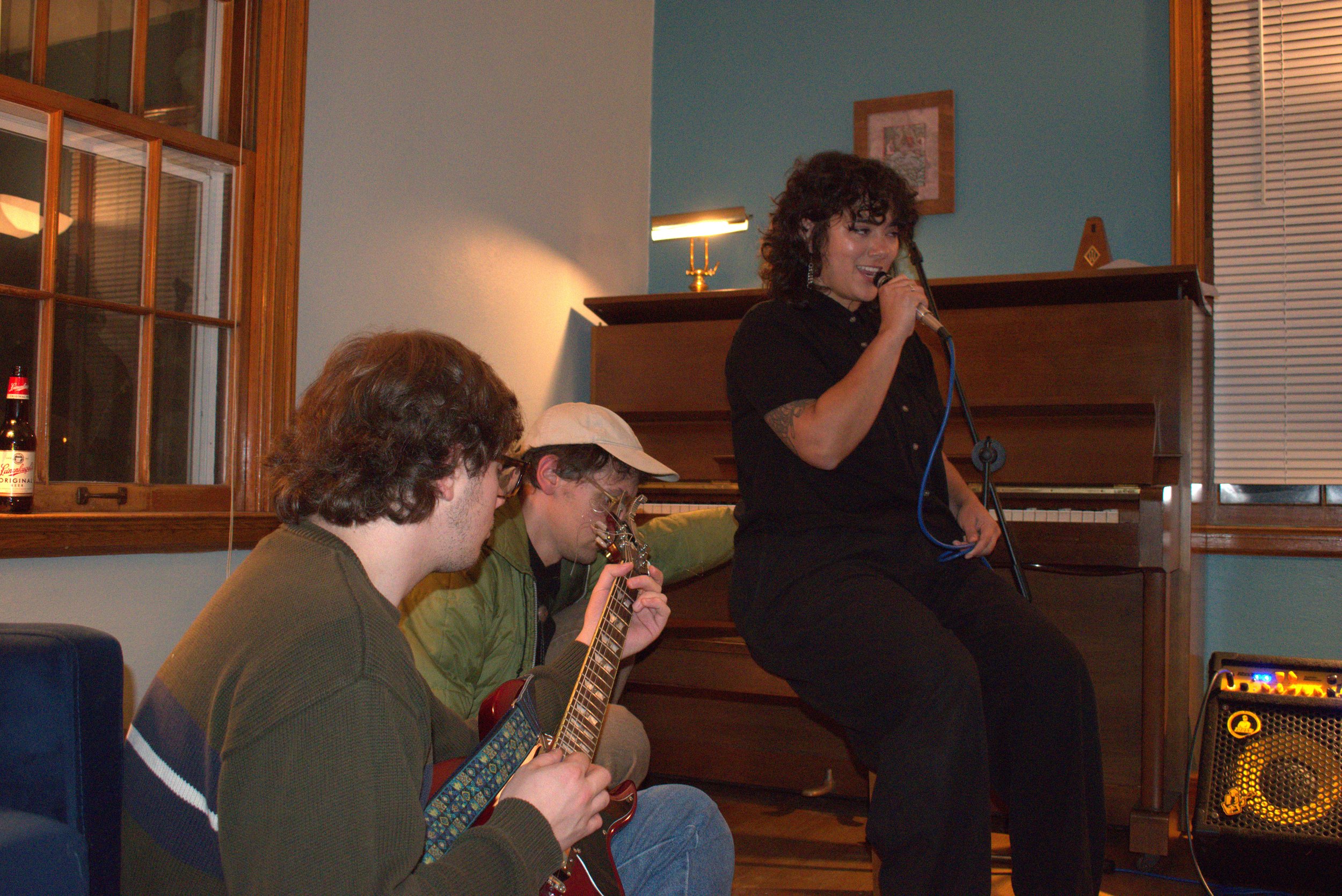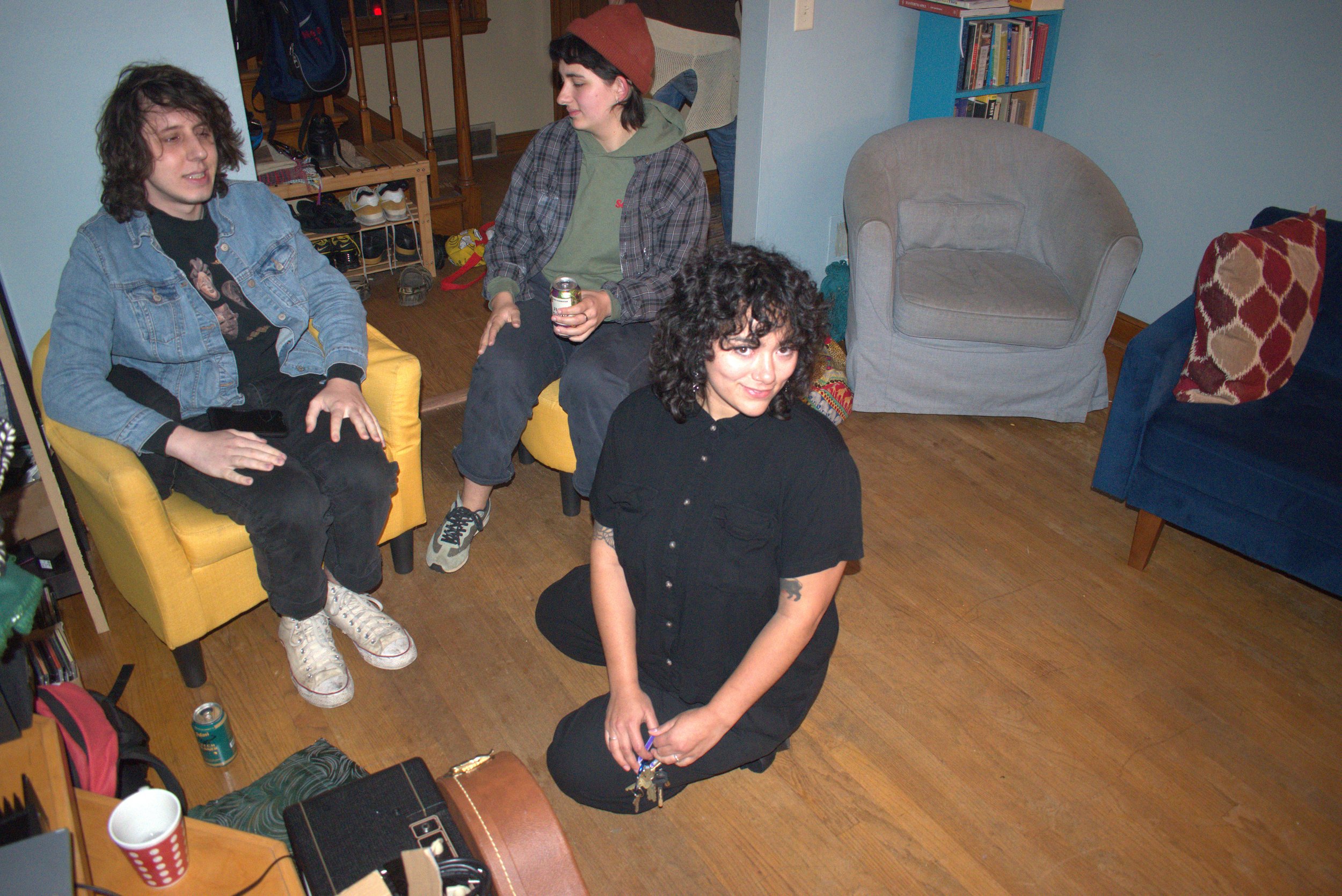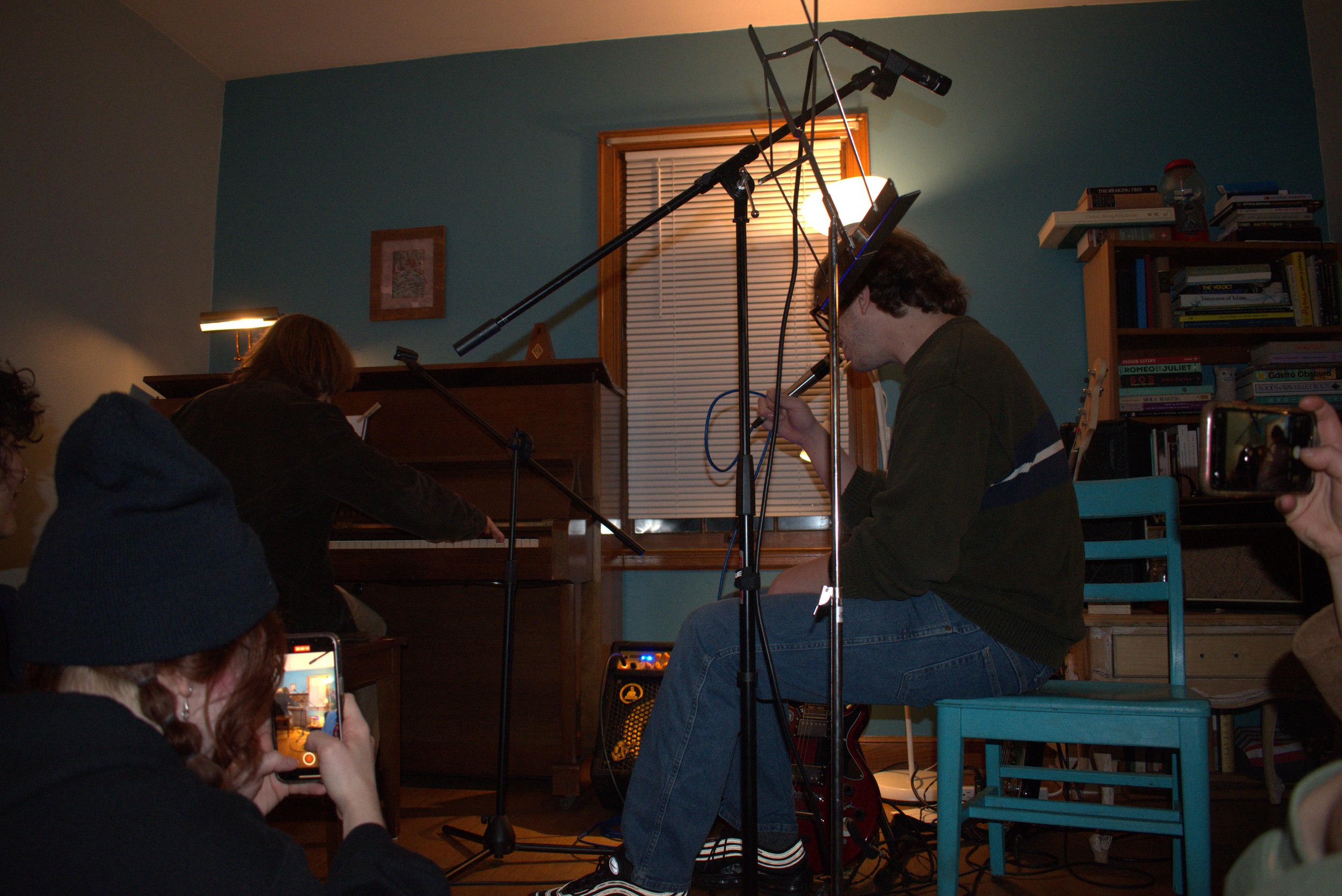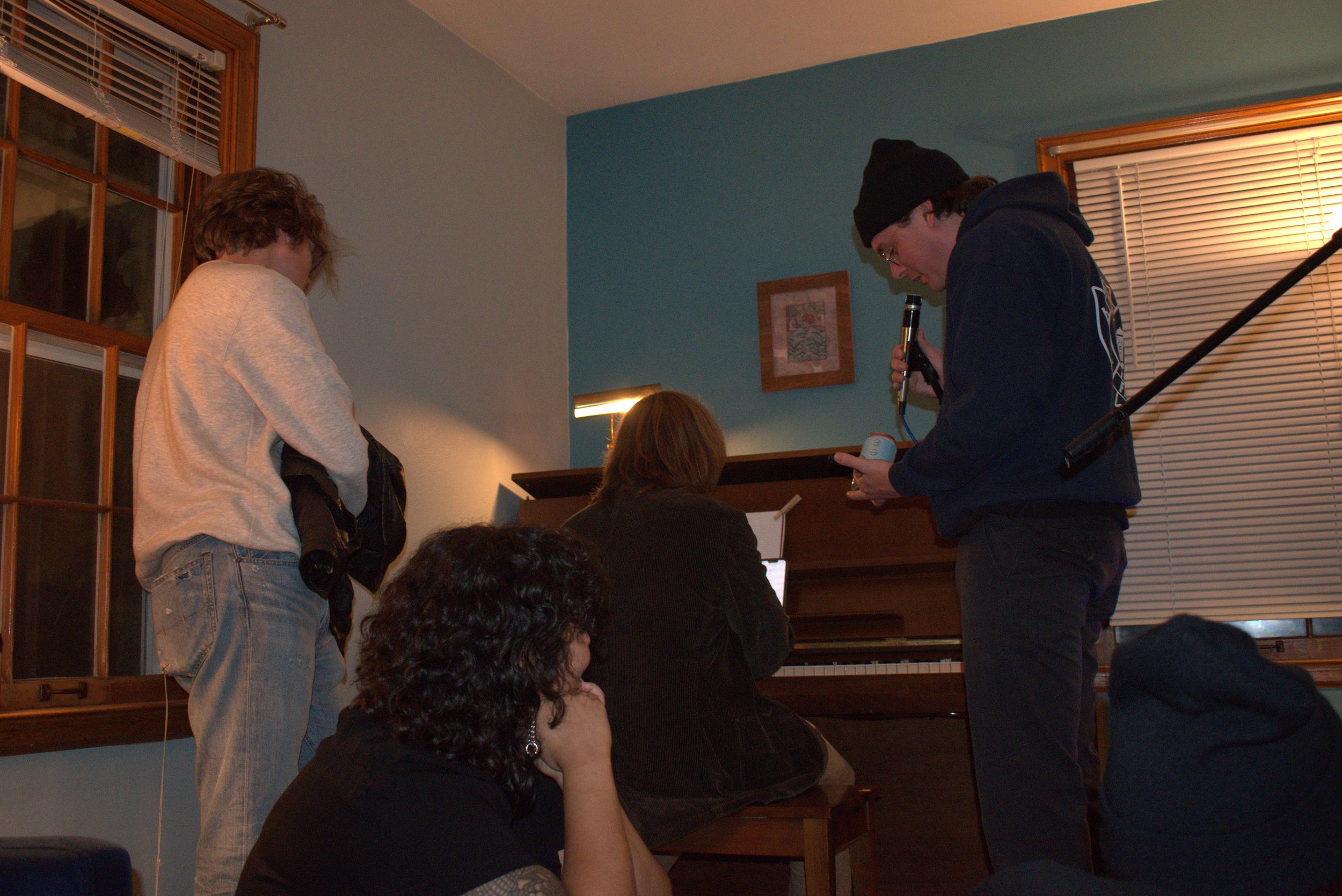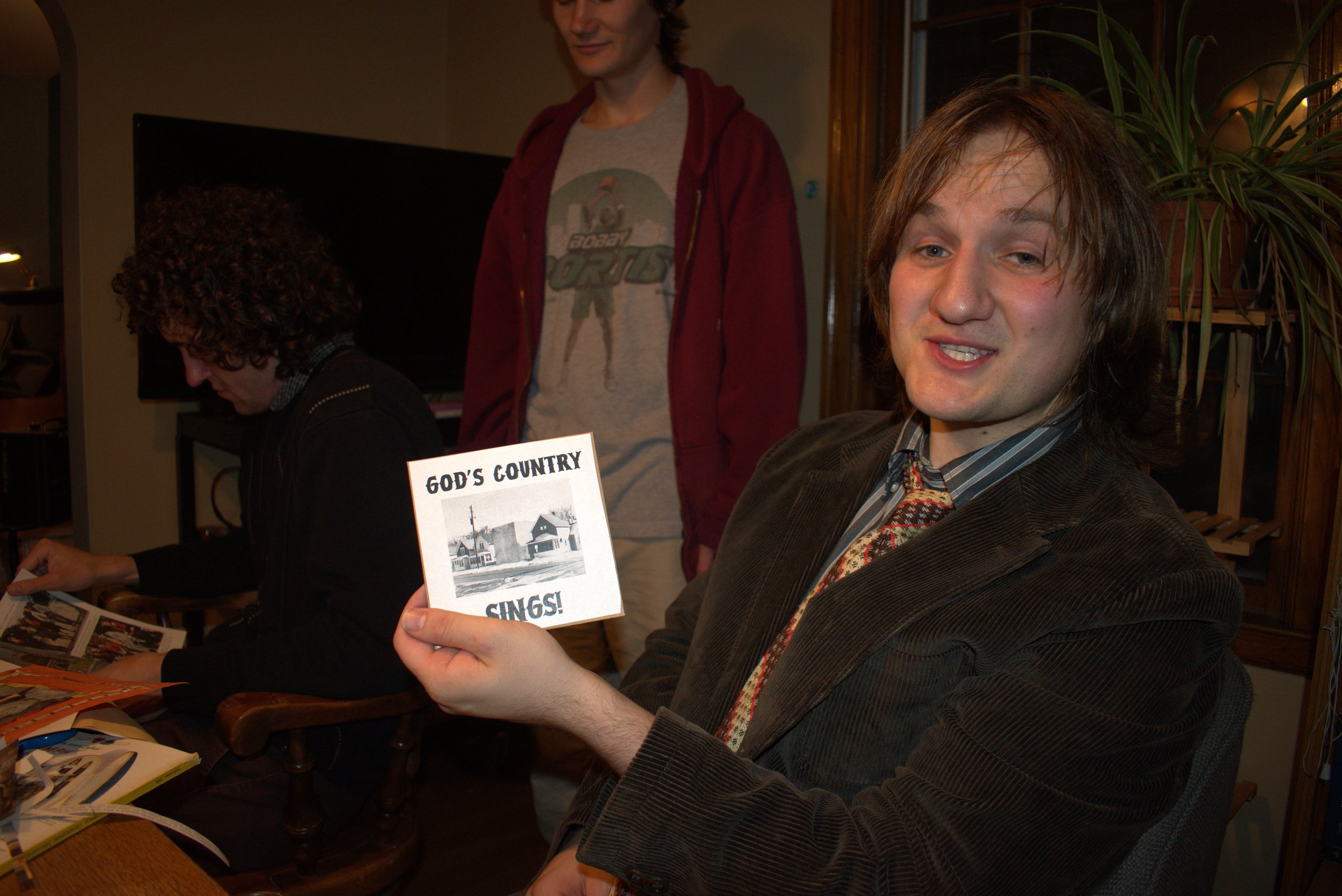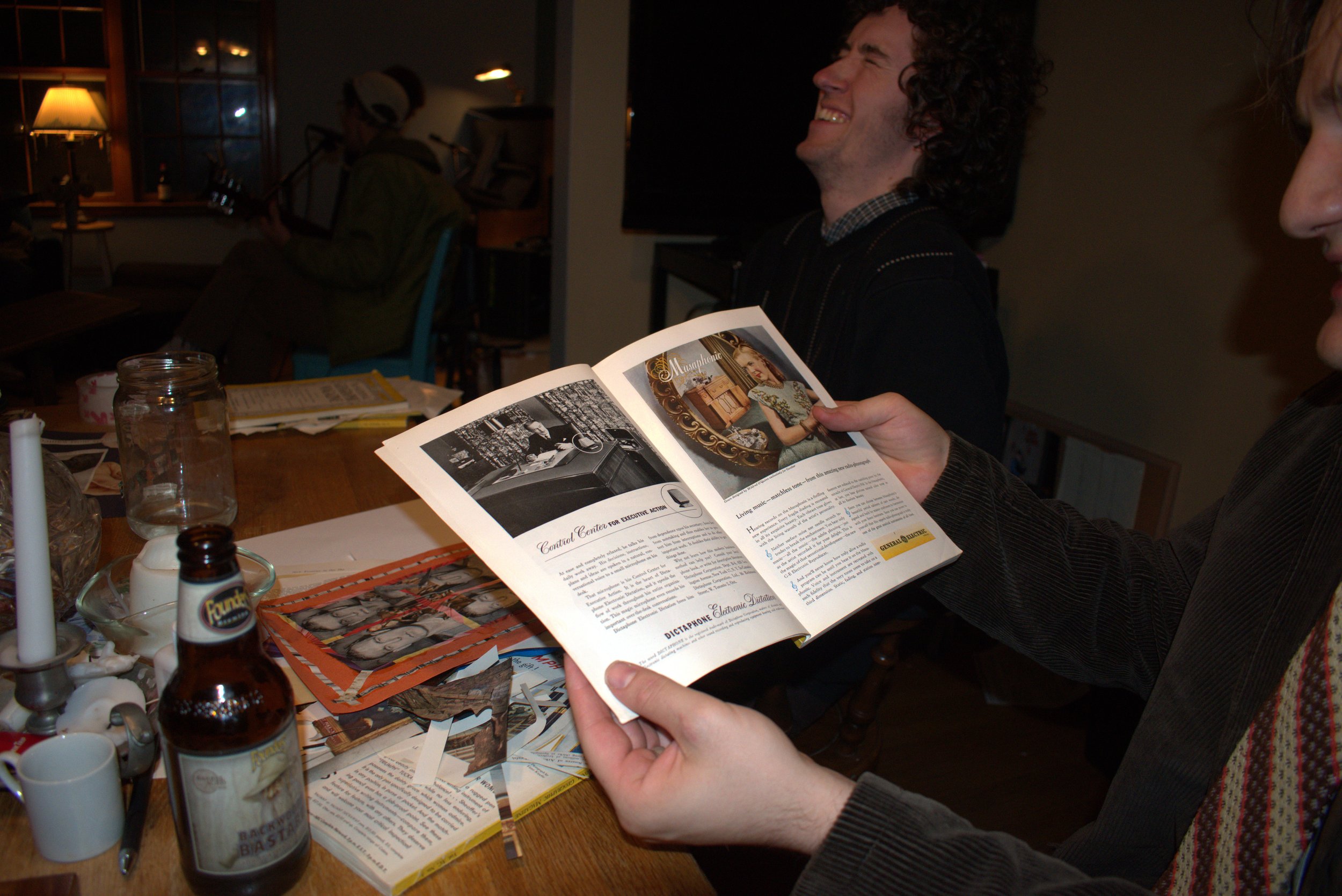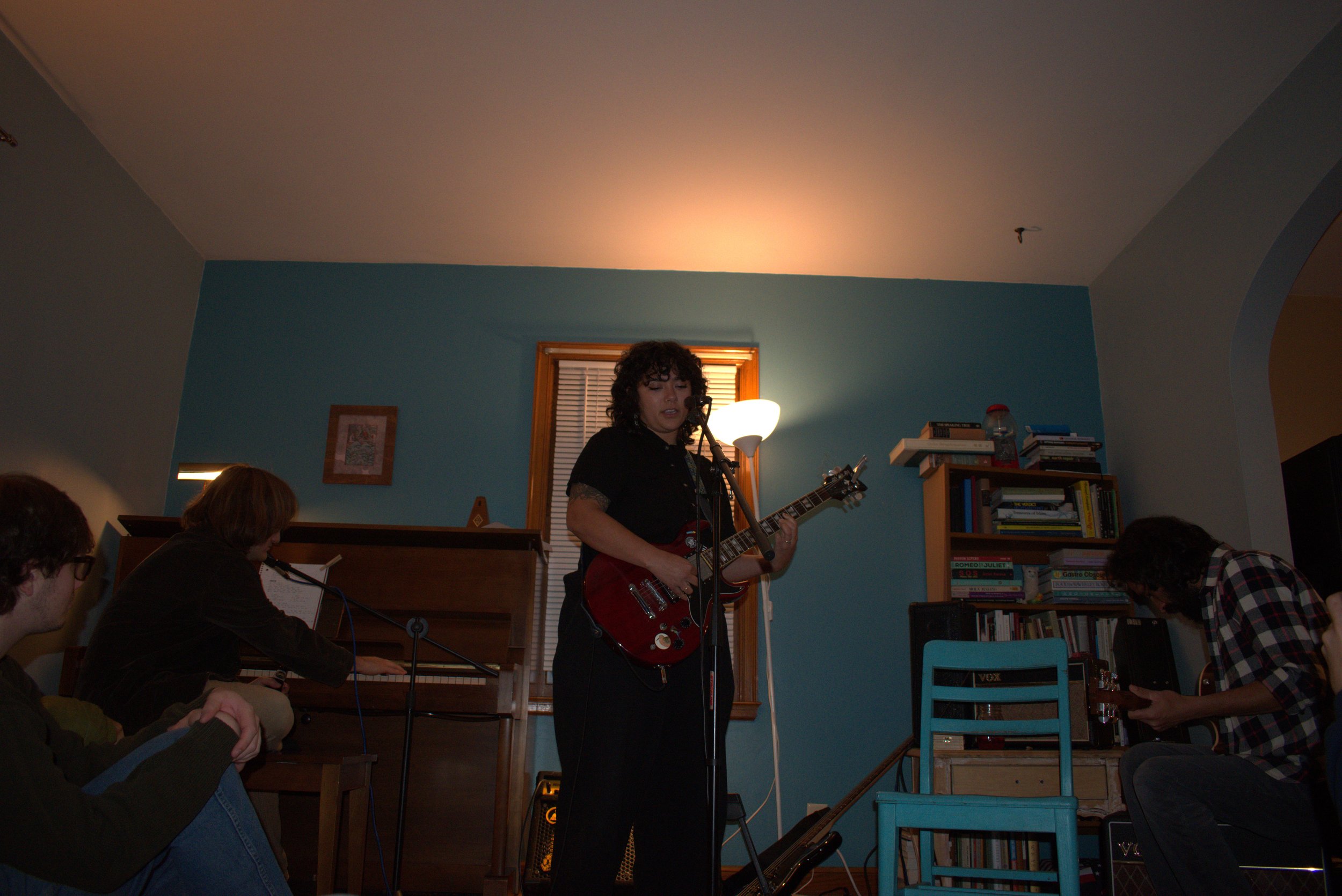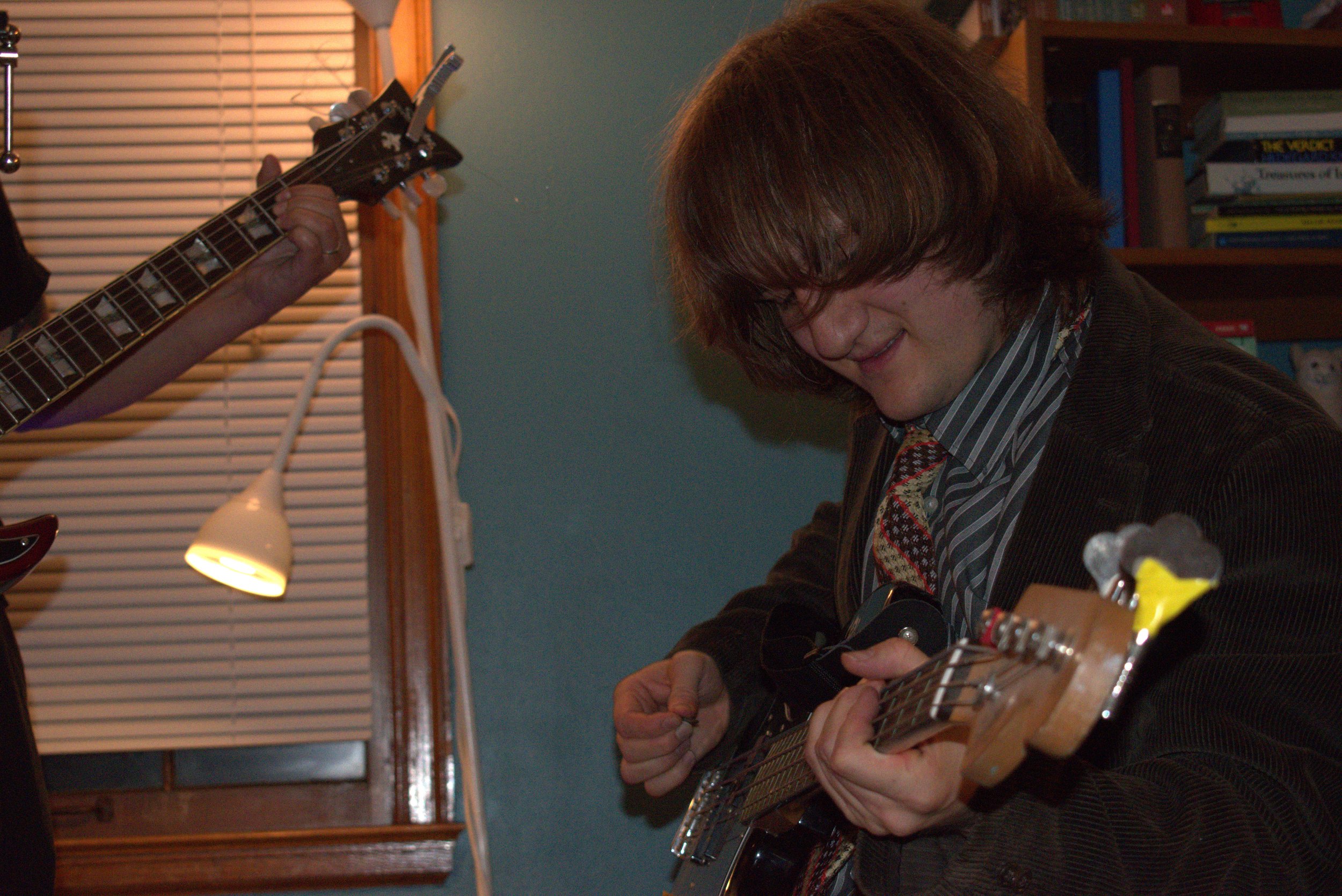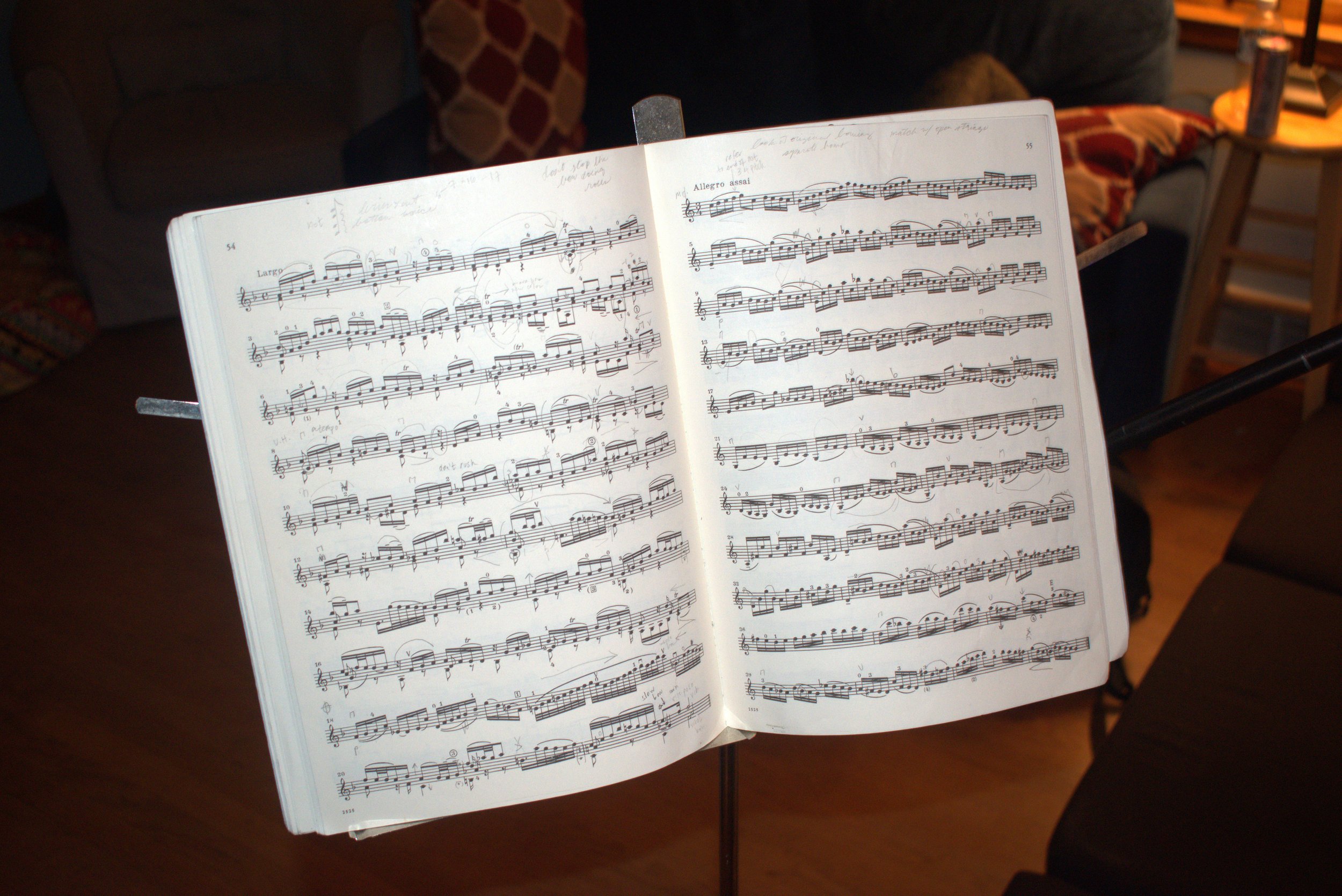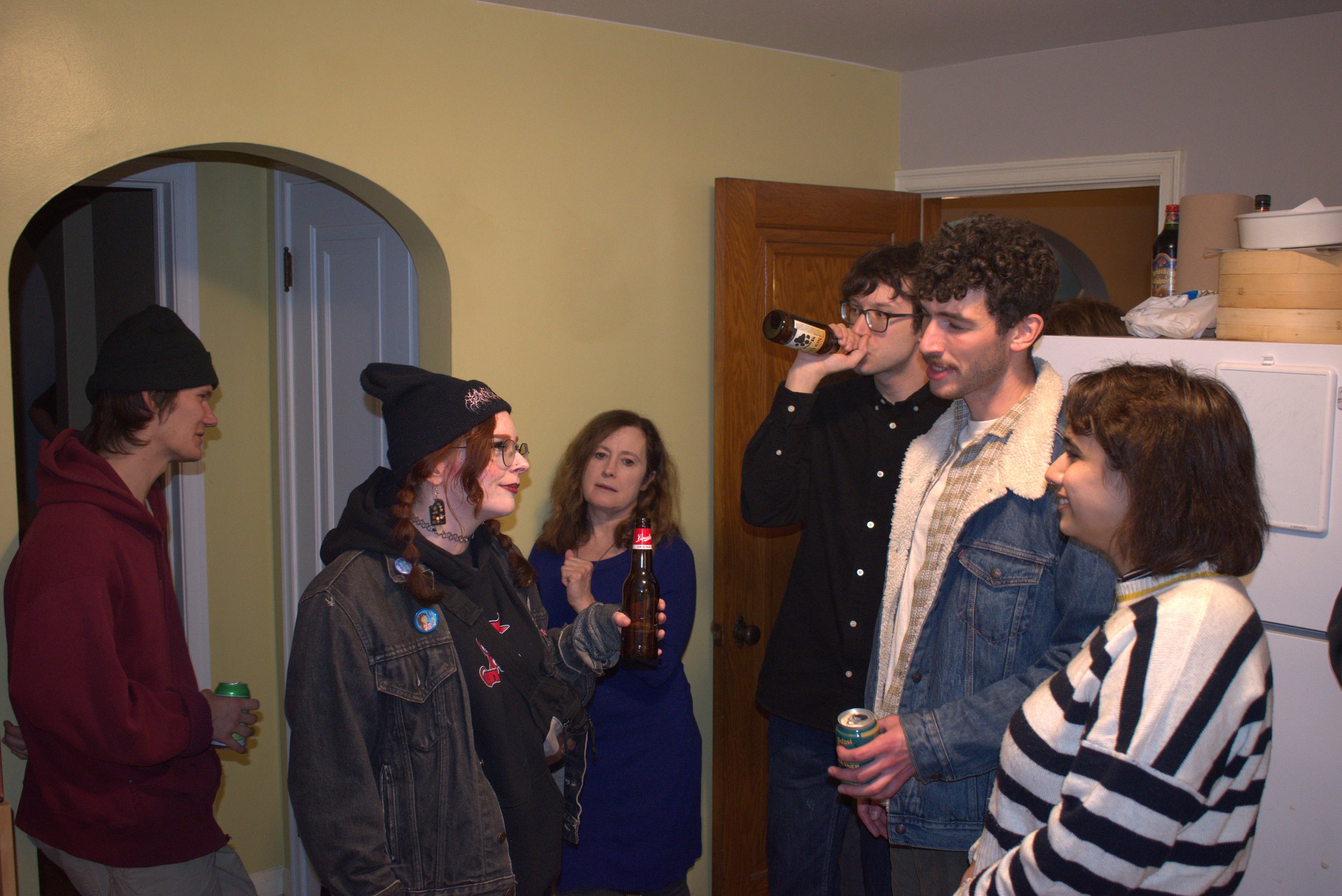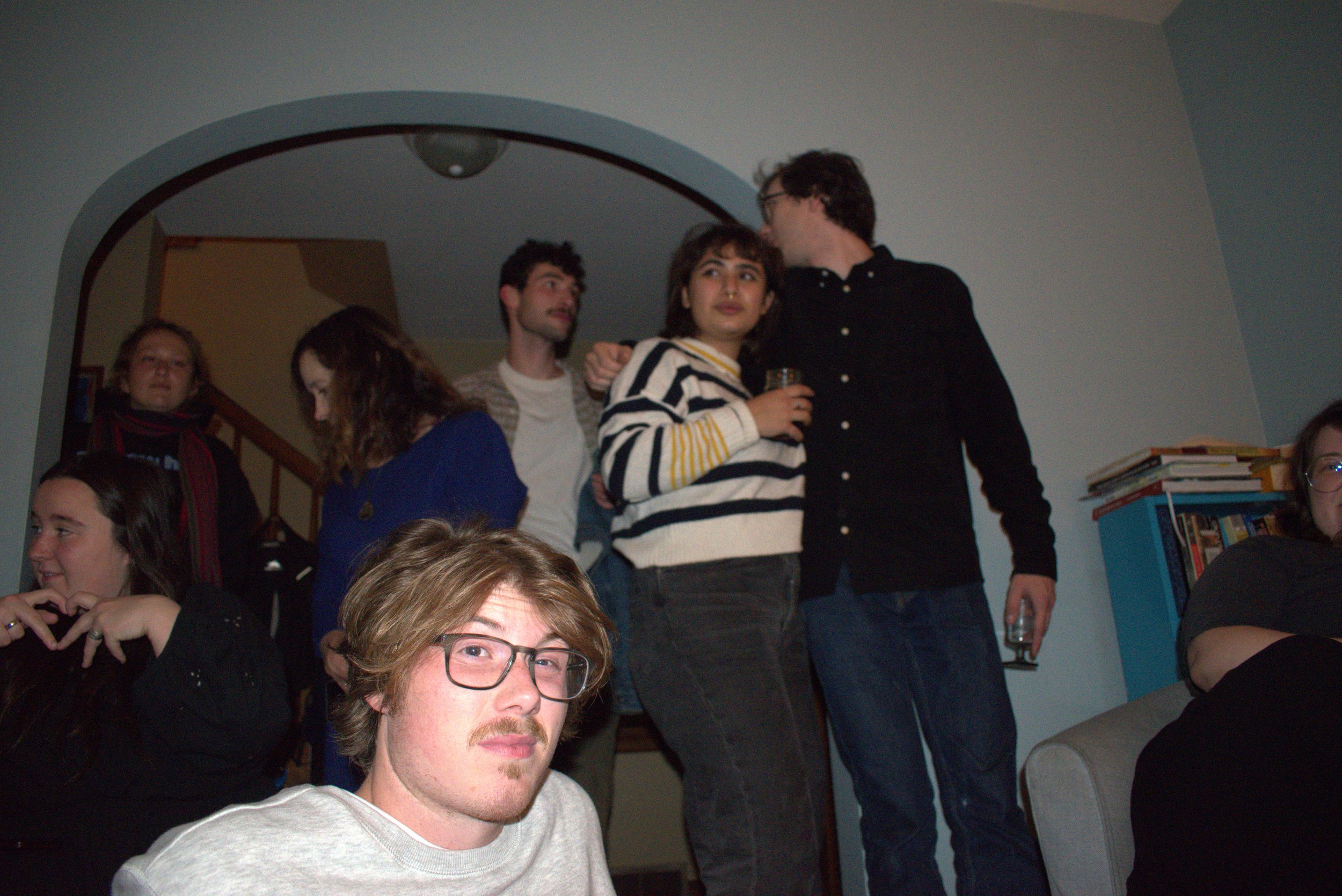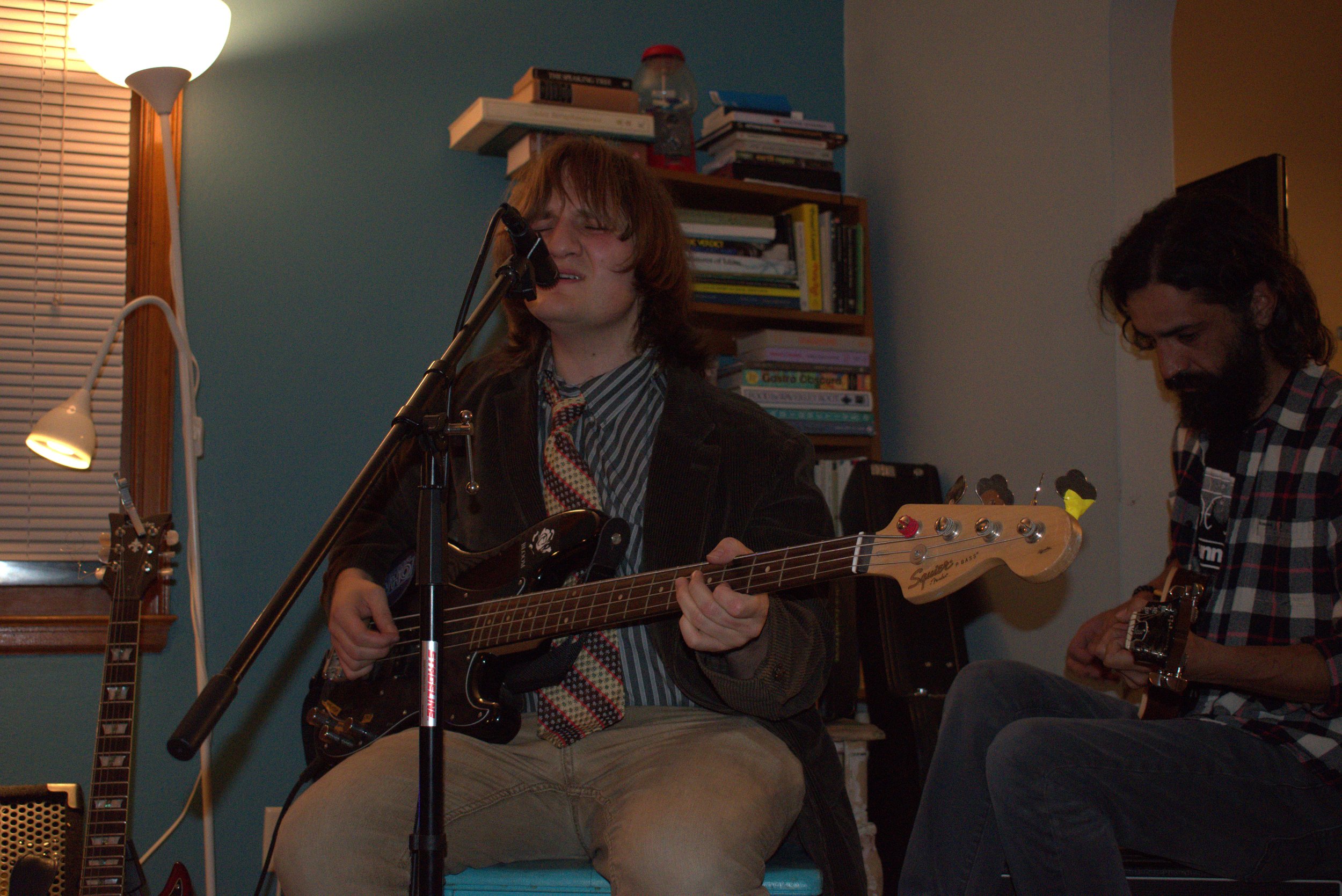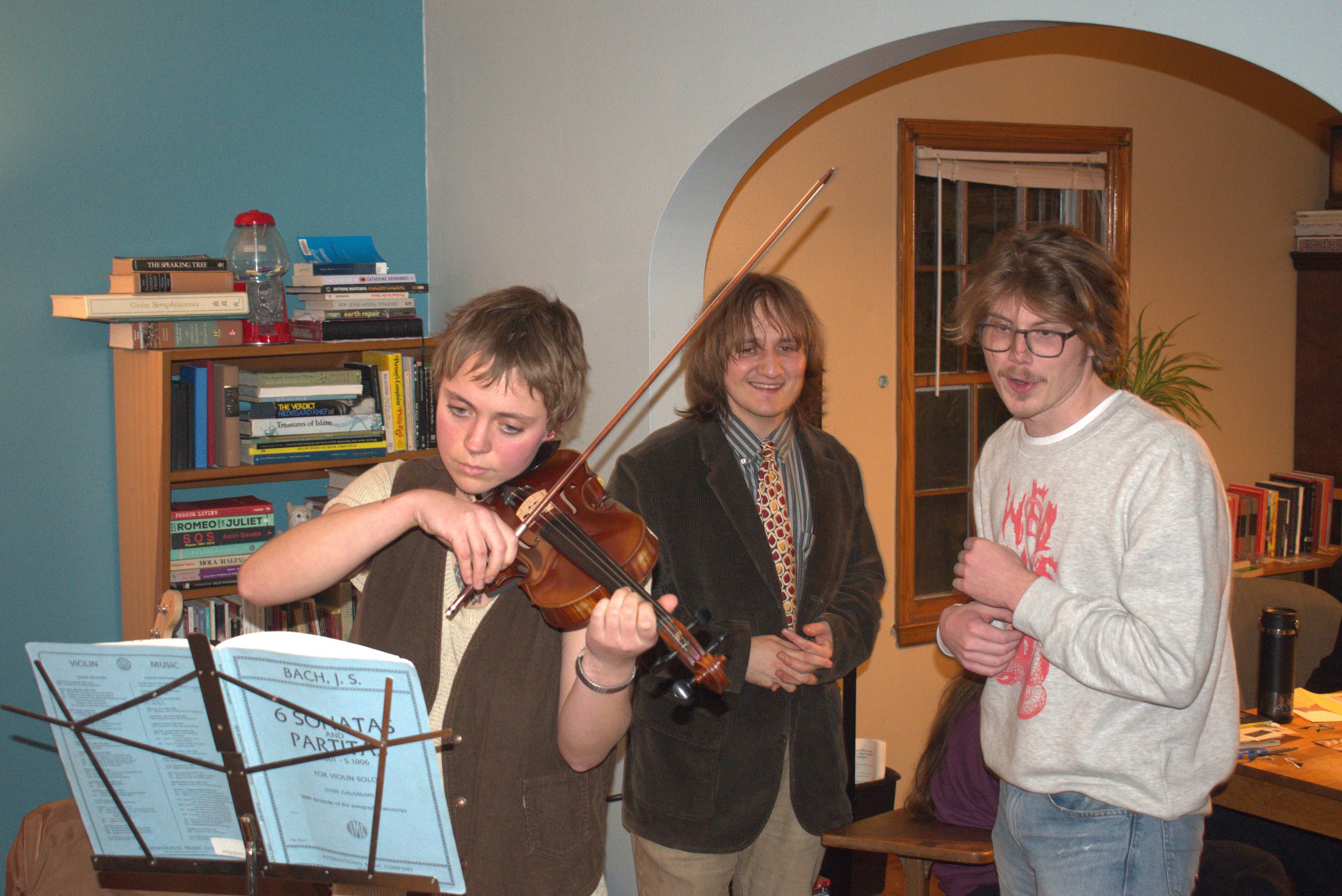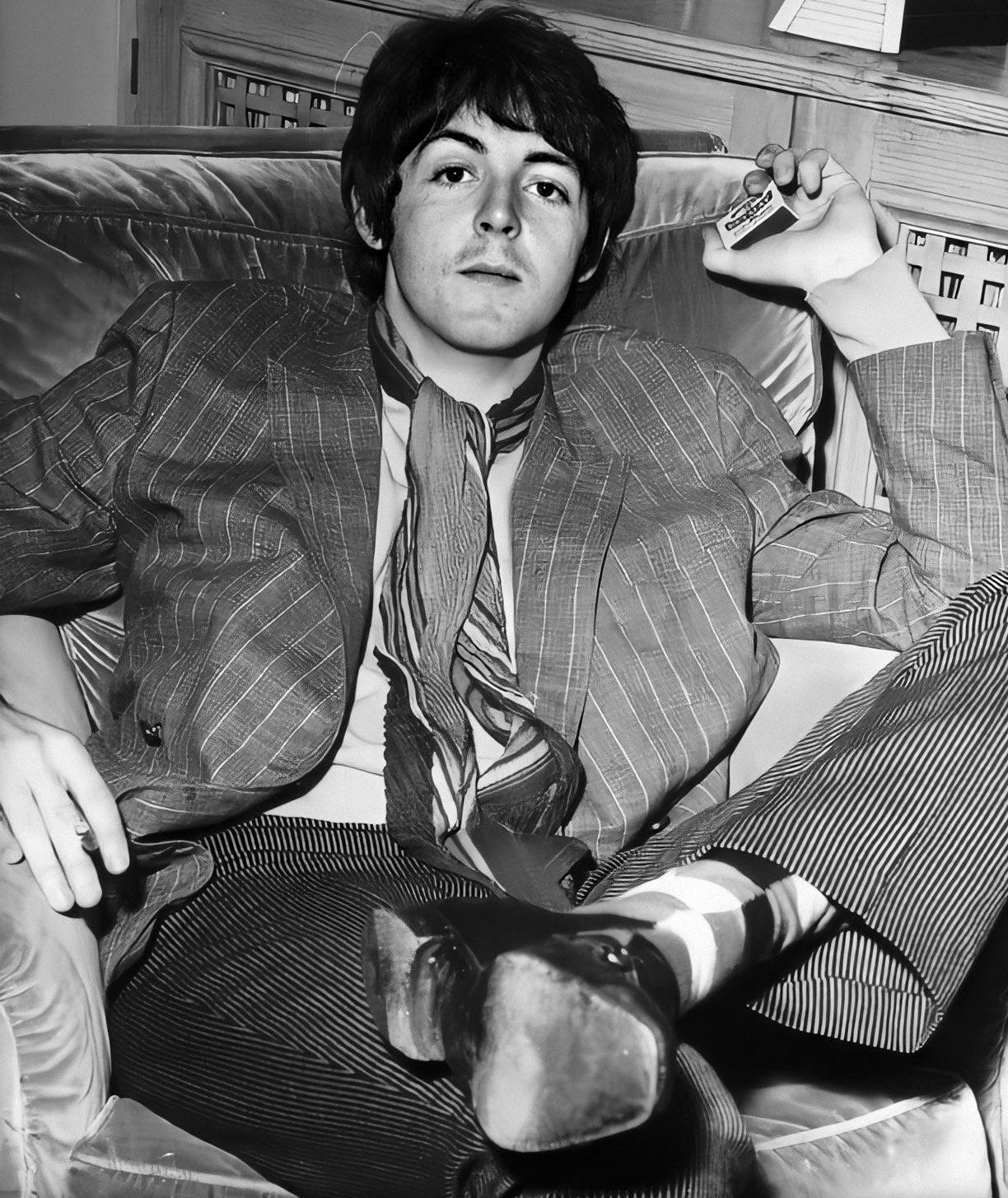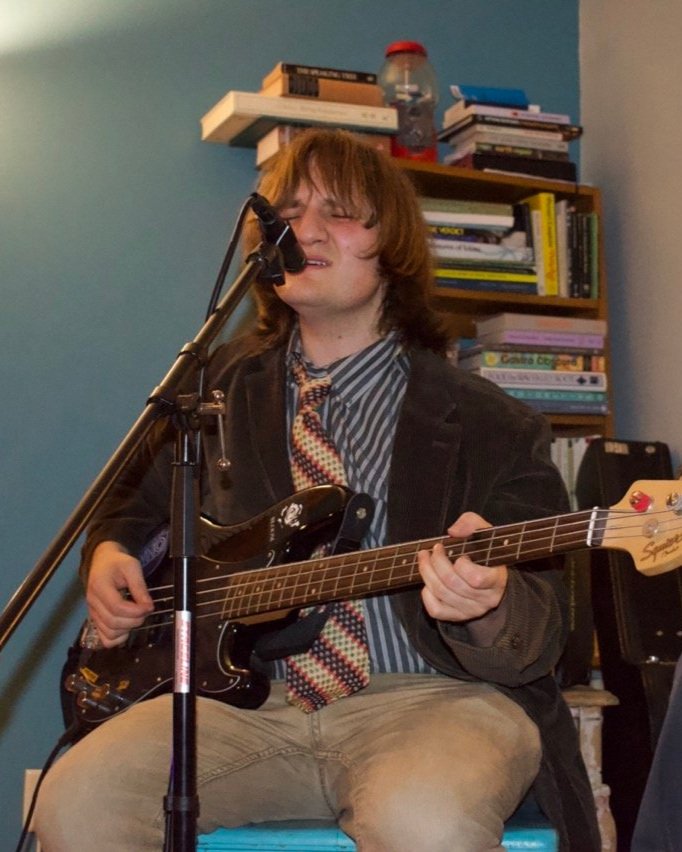An evening with Combat Naps
words By and photos by Ian Johnson
(Urban Dictionary)
Combat Naps have earned their place in the upper echelons of the Madison music scene. Over seven years, they’ve had over 29 releases (5 of them being albums), each one of them exploring different sounds and lyrical themes. Campus bands could only dream of those numbers. As such, their “Tap In” album release show at the Square Room was a star-studded affair. Madison export and Chicago-based Able Baker opened the concert, DJ Yuppie (bassist of Mail Manipulators and Mickey Sunshine) played Bach tunes on the violin, frequent collaborator and recent Smoking Room signee Graham Hunt hung out in the kitchen, and eccentric Madison country act God’s Country handed out their CD’s to fellow members of the scene. As a member of a scrappy campus band, I felt like I had just snuck into the indie-rock equivalent of a Gatsby Party. Fellow musicians chatted about their banana pudding recipe while others put down their snack plates to pick up instruments. The air was full of music and collaborative energy. Covers of Elliot Smith and Steely Dan rang out between sets while seemingly more and more people picked up the guitar to join in.
My night began with Neil Jochmann (multi instrumentalist and mastermind of Combat Naps), taking me through his extensive book collection. Wearing a bright striped tie and a pinstripe shirt, he seemed more in place taking part in a Sgt. Pepper recording session circa 1967 than a Madison local show. An author first, Jochmann uses Combat Naps as an outlet to express his own poetry. We chatted about John Ashberry, Ralph Ellison and William Faulkner book clubs until it was time for the openers to go on.
Paul Mccartney circa 1967 . . . Neil Jochmann
Combat Naps is an experimental pop outfit from Madison, WI that is notoriously hard to label. Each member is a local scene veteran in their right, with multi instrumentalist Neil Jochmann (Hippie Johnny) on vox/keys/bass, Ivette Colón (Field Guide, Original Citrus) on guitar/vox, Ilych Meza (Madison guitar mainstay) on lead guitar, and Marley Van Raalte (Loveblaster) on drums. Taking cues from sarcastic 90s indie rock (early Pavement, Royal Trux) just as much as they do from the chamber pop of the 60s (Judie Sill, The Millenium), the only constant part of their sound has been Jochmann’s heartfelt and layered harmonies. Over the course of 5 years, they’ve evolved through lofi indie folk (in the yellow taxi turn to me and smile 2018), electronic glitchpop (These Decibels 2020), and breezy indie rock of (White Pages 2023). However, the Combat Naps sound wouldn’t be the same without the help of its frequent collaborators. Guitarist Tim Anderson’s layered and melodic guitar riffs often compliment their melodic and eccentric sound.
The show took place in the charming but bijou living room of the Square Room, with an upright piano and a couple guitar amps making up the stage, with no space for drums to be found. The conditions were perfect for an intimate set, with singalongs of “Ballad of Big Nothing” taking the place of their usual loud and energetic drums. Fan favorites like “The Manager Said '' and “Phantom Toll” brought any stranglers still in the kitchen or smoking on the porch to the crowded living room. Equal parts a concert and a jam, Isaac deBrouxe-Slone of Disq (Saddle Creek) picked up the mic and sang “Gaucho” with Combat Naps. Concertgoers on the couch shouted out requests until it got late and I had the opportunity to sit down with Neil Jochmann and Ivette Colon to talk about their newest album “Tap In”.
“Tap In” is the sixth album released by Combat Naps. The brainchild of Neil Jochmann, it was made during several stressful months earlier this year when he was in the process of a difficult move. The loneliness of being away from home in the stripped back acoustic “Come up and Visit” and the longing “Exodus” show Combat Naps at their most direct and open, while still bringing a touch of tongue in cheek lyricism. Conversely, songs like “Up to the Task” and “Conditions” do well to balance out the pace of the album, embracing distorted hooks and off-kilter song structures to make misshapen indie rock anthems that genuinely rock.
From Right to Left: Isaac deBrouxe-Slone (Disq), Graham Hunt, Ivette Colón (Combat Naps)
What is the song that you’re most proud of on the album?
Neil: On this album I'm proud of “Come up and Visit Me” because it expresses a bit of a malaise that many people feel when they're far from their family, which is that people should come up and visit you.
And you’re from Knoxville, right?
Neil: My family is in Knoxville. It's a good music city. I liked that one because it kind of tumbled out. It was a “first thought-best thought” experiment that ended up in a song.
I kind of made it (Tap In) by myself at home. Amelia and I were moving houses and I just wanted to release it really bad. But it's kind of univocal. And it doesn't really have everybody on it, you know, not everybody in our live band or whatever.
Who were you listening to during the making of this album?
Neil: I was listening to various things. The sixth song (Queen n Pawn) is me trying to be like the Kinks because the high hats are really loud.
You're a big reader, do you draw inspiration from them in your music?
Neil: No, I think lyrics mostly come from other lyricists. You hear I think, I think reading I noticed it influenced me in a period of time when I was really into John Ashbury and writing lyric jazz. When I was reading a lot of that, writing lyrics was faster. I think it's because my standards were lower. That's just because his standards are low. That's what's so cool about him. He's just like, fuck it, that’s my poems
Do you prefer more impressionistic songwriting, like Slogan rock, or a storytelling approach?
Neil: I prefer more storytelling. That's cool. Yeah, that's just infinitely cooler.
Ivette: I really enjoy things in western songs, Southern songs that are very like “Pancho and Lefty” style. There's like a joy in that and you get to lie more in a fun way. I feel like (impressionistic songs) end up being very sonically focused and I mean, that's beautiful, too. They’re just different kinds of music.
During the set tonight, there were a couple Elliot Smith covers and I definitely noticed some influence on other Combat Naps songs. Are you influenced by the raw kind of storytelling?
Neil: I think a lot of people want to be like Elliott Smith, like instinctually just because it's so beautiful. And you just want to copy something that crazy. I don't think Elliott Smith is very confessional, actually. It's really like, it's like a lot of fiction in it. There's a lot of stories and there's a lot of collage and there's a lot of impressionism or whatever. I just don't think it's as confessional as I first thought.
I do like making up stories that sound confessional. But they're just confessional from some speaker. Yeah, some speaker. It just allows you to say cool stuff, right? Because if I just spoke as myself, I couldn't say a cool lyric. But if you speak as a cool speaker, I think the chances of you being able to say a lyric you think is cool is maybe increased.
